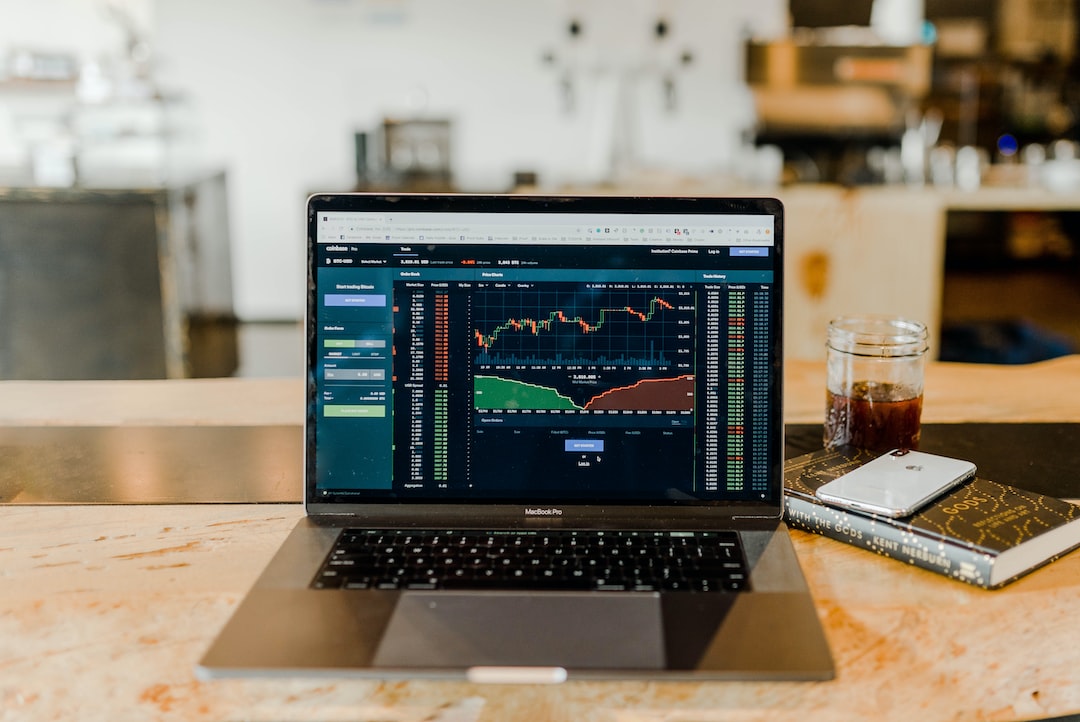Comparing Different Brokers for 1 Pip Forex Trading
When it comes to trading forex, one of the essential decisions traders have to make is selecting a reliable and suitable broker. A broker acts as an intermediary between traders and the forex market, providing the necessary platform and tools to execute trades. Within the forex market, the smallest unit of measurement for price movement is known as a pip. Therefore, finding a broker that offers competitive spreads and low transaction costs is crucial for traders who focus on 1 pip forex trading.
What is 1 Pip Forex Trading?
Before we dive into the comparison of different brokers for 1 pip forex trading, let’s first understand what 1 pip trading means. A pip, short for “percentage in point,” represents the smallest price movement in the forex market. It is usually measured in the fourth decimal place of a currency pair’s price. For example, if the EUR/USD currency pair moves from 1.2000 to 1.2001, it has moved one pip.
1 pip forex trading refers to a trading strategy where traders aim to profit from small price movements, typically targeting gains of just one pip. This strategy is popular among scalpers and day traders who execute multiple trades throughout the day. As such, finding a broker that offers tight spreads and low transaction costs becomes essential to maximize profitability.
Comparing Spreads
Spreads are the difference between the bid and ask prices of a currency pair. They represent the transaction cost traders pay to enter a trade. When it comes to 1 pip forex trading, finding a broker with tight spreads is crucial. Tight spreads mean that the difference between the bid and ask prices is minimal, reducing the cost of each trade.
To compare brokers for 1 pip trading, it is essential to consider the typical spreads they offer. Different brokers may have varying spreads for different currency pairs and account types. It is advisable to review a broker’s spread for the currency pairs you are interested in trading.
While comparing spreads, it is also important to consider whether the broker offers fixed or variable spreads. Fixed spreads remain constant, regardless of market conditions, while variable spreads can widen during times of high volatility. For 1 pip trading, fixed spreads are generally more favorable as they provide certainty in transaction costs.
Transaction Costs
Apart from spreads, traders need to consider other transaction costs associated with trading forex. These costs can include commissions, swap fees, and deposit/withdrawal fees. For 1 pip forex trading, it is crucial to keep these costs as low as possible to maximize profitability.
Some brokers charge commissions on trades, which can be a percentage of the trade size or a fixed fee per trade. It is important to compare commission rates between brokers to identify the most cost-effective option for 1 pip trading.
Swap fees, also known as rollover fees, are charges applied when traders hold positions overnight. These fees are based on the interest rate differential between the two currencies in a currency pair. Traders engaging in 1 pip trading typically do not hold positions overnight, so swap fees may not be a significant concern. However, it is still important to consider them when choosing a broker.
Lastly, deposit and withdrawal fees should be taken into account. Some brokers charge fees for depositing or withdrawing funds from trading accounts. These fees can eat into profits, especially for traders who frequently deposit or withdraw funds. Comparing these fees across different brokers is crucial to minimize costs.
Regulation and Reputation
In addition to comparing spreads and transaction costs, it is essential to consider a broker’s regulation and reputation. Regulation ensures that brokers operate within specific guidelines and standards, providing a level of protection for traders. Reputable regulatory bodies include the Financial Conduct Authority (FCA), National Futures Association (NFA), and Australian Securities and Investments Commission (ASIC), among others.
Traders should also consider a broker’s reputation within the industry. Online reviews, forums, and recommendations from other traders can provide valuable insights into a broker’s reliability, customer service, and overall satisfaction.
Conclusion
When it comes to 1 pip forex trading, finding a broker that offers competitive spreads, low transaction costs, and reliability is crucial. By comparing brokers based on spreads, transaction costs, regulation, and reputation, traders can make an informed decision that aligns with their trading strategy and goals. Remember, selecting the right broker is a vital step towards achieving success in forex trading.





